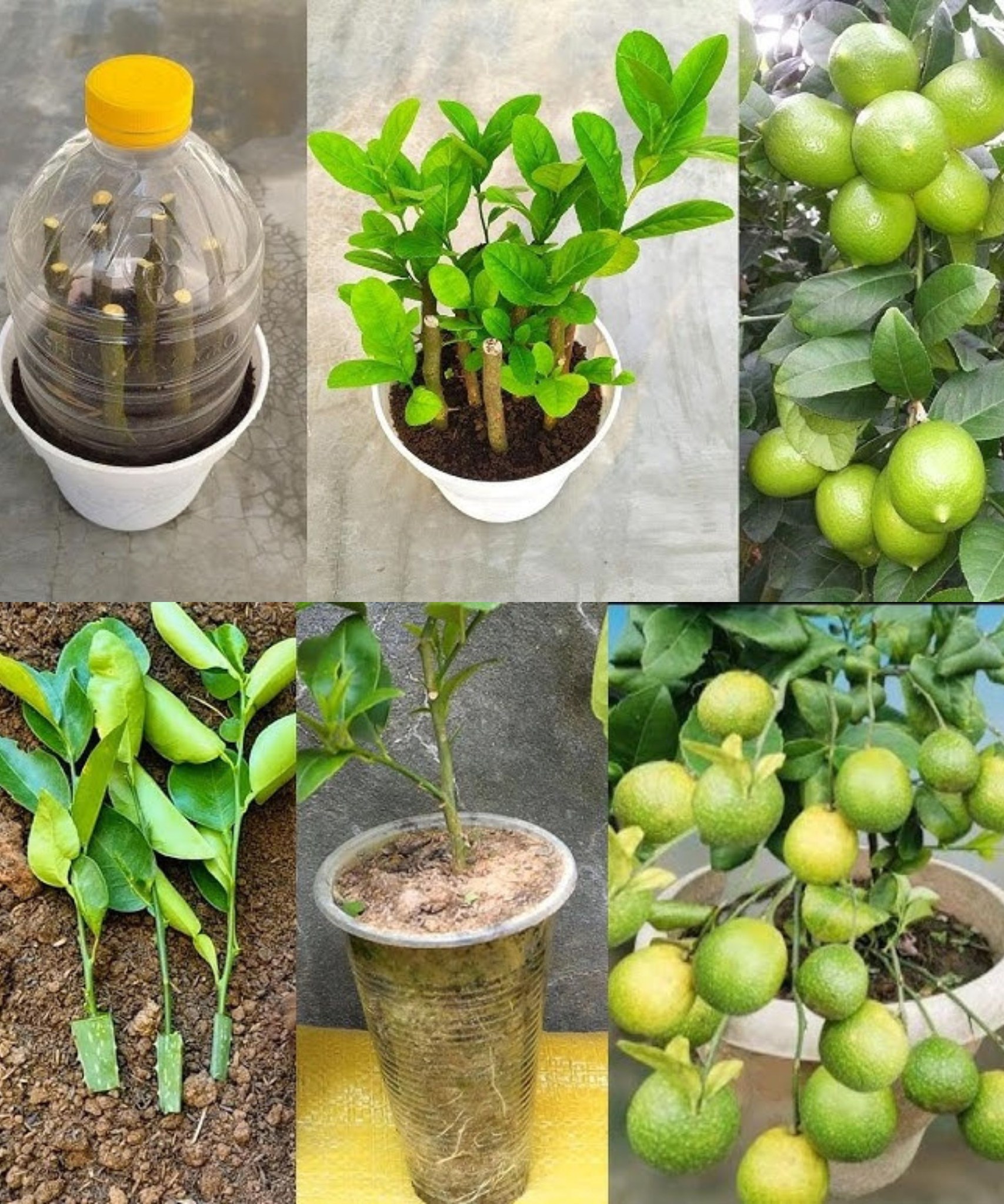Growing your own lemon tree in your apartment is not only a delightful hobby but also a rewarding way to enjoy fresh, homegrown lemons year-round. With the right care and attention, you can successfully cultivate a lemon tree indoors, even if you have limited space. In this comprehensive guide, we’ll walk you through the essential steps to grow healthy and thriving lemon trees in your apartment.
Step 1: Choose the Right Lemon Tree Variety Start by selecting a lemon tree variety that’s well-suited for indoor cultivation. Dwarf or miniature lemon tree varieties are ideal for small spaces. Some popular choices include Meyer lemons, Ponderosa lemons, and Lisbon lemons. Purchase a healthy, disease-free young lemon tree from a reputable nursery or garden center.
Step 2: Select an Appropriate Container Lemon trees require well-draining pots or containers to thrive indoors. Choose a pot that is at least 10-12 inches in diameter with drainage holes at the bottom to prevent waterlogging. Ensure the container is made of a durable material, such as plastic or ceramic.
Step 3: Prepare the Potting Mix Create a well-balanced potting mix for your lemon tree by combining equal parts of potting soil, perlite, and compost. This mixture ensures proper drainage while providing essential nutrients for your tree. Fill the pot with the potting mix, leaving a few inches of space at the top for watering.
Step 4: Plant the Lemon Tree Gently remove the lemon tree from its nursery container and place it in the center of your prepared pot. Add more potting mix around the root ball, making sure the tree is at the same depth as it was in the original container. Water the tree thoroughly after planting.
Step 5: Provide Adequate Light Lemon trees require plenty of sunlight to thrive. Place your lemon tree near a south or west-facing window where it can receive at least 8 hours of direct sunlight daily. If natural light is insufficient, consider using a grow light to supplement the lighting conditions.
Step 6: Maintain Proper Temperature and Humidity Lemon trees prefer temperatures between 70-85°F (21-29°C). Keep your apartment within this temperature range and maintain moderate humidity levels. You can use a humidifier or place a tray of water near the tree to increase humidity if necessary.
Step 7: Watering and Fertilizing Water your lemon tree when the top inch of the soil feels dry, but avoid overwatering as lemon trees are susceptible to root rot. Fertilize your tree every 4-6 weeks during the growing season with a balanced, slow-release citrus fertilizer.
Step 8: Prune and Shape Your Lemon Tree Regular pruning helps maintain the shape of your lemon tree and encourages healthy growth. Remove dead or yellowing leaves, and prune back any overly long branches to promote bushier growth.
Step 9: Monitor for Pests and Diseases Keep an eye out for common indoor pests like aphids, mealybugs, and spider mites. If you notice any signs of infestation or disease, treat your lemon tree promptly with natural remedies or pesticides suitable for indoor use.
Step 10: Be Patient and Enjoy the Fruits of Your Labor Growing lemons indoors may take some time, but with patience and proper care, you can expect to harvest delicious, homegrown lemons within a couple of years. Savor the satisfaction of nurturing your own indoor lemon tree and enjoy the bountiful harvest it will provide.
In conclusion, with the right lemon tree variety, container, care, and attention to detail, anyone can successfully grow lemons in their apartment. Follow these step-by-step instructions, and you’ll soon be enjoying the citrusy rewards of your indoor lemon cultivation project. Happy growing!
